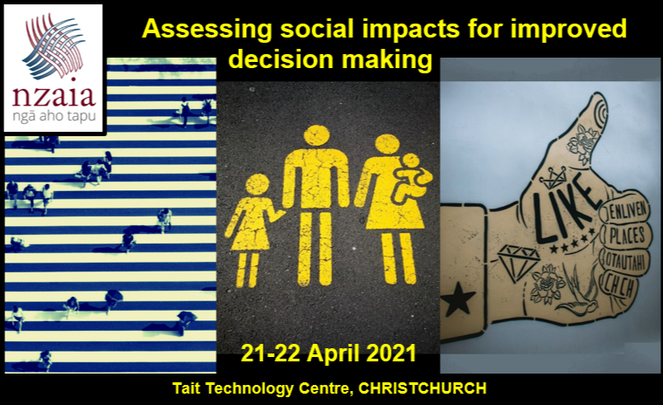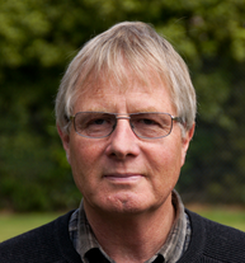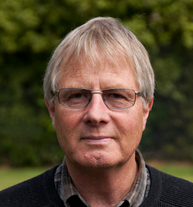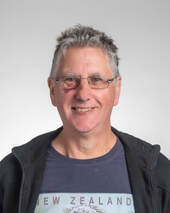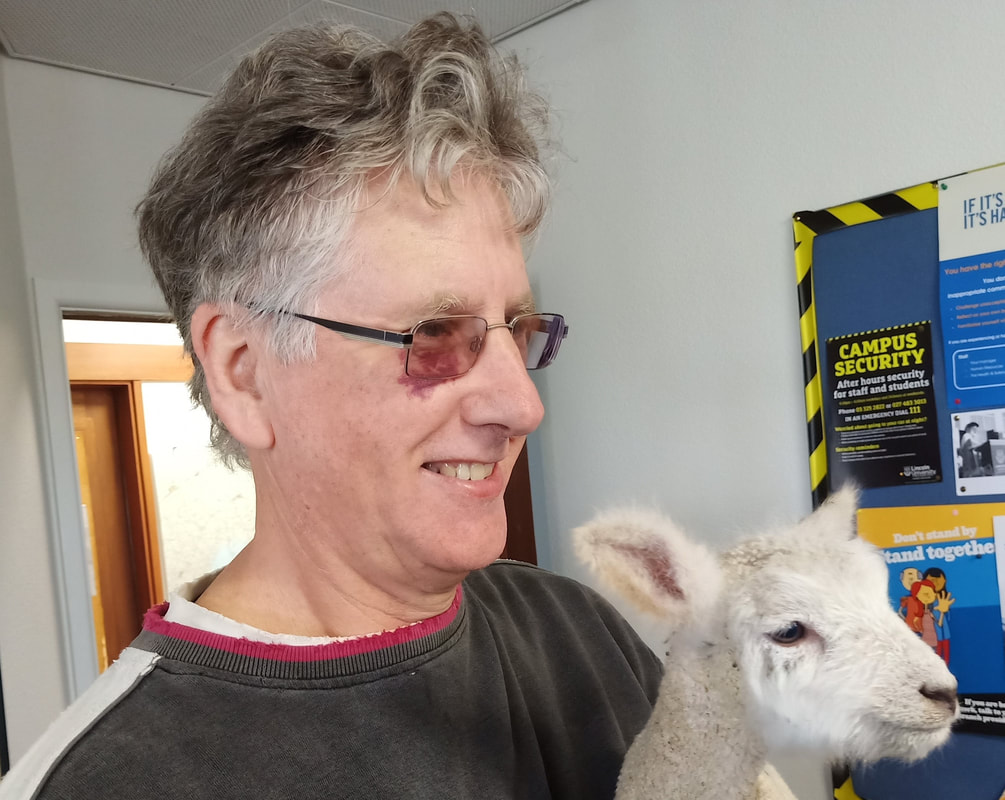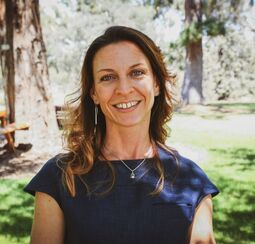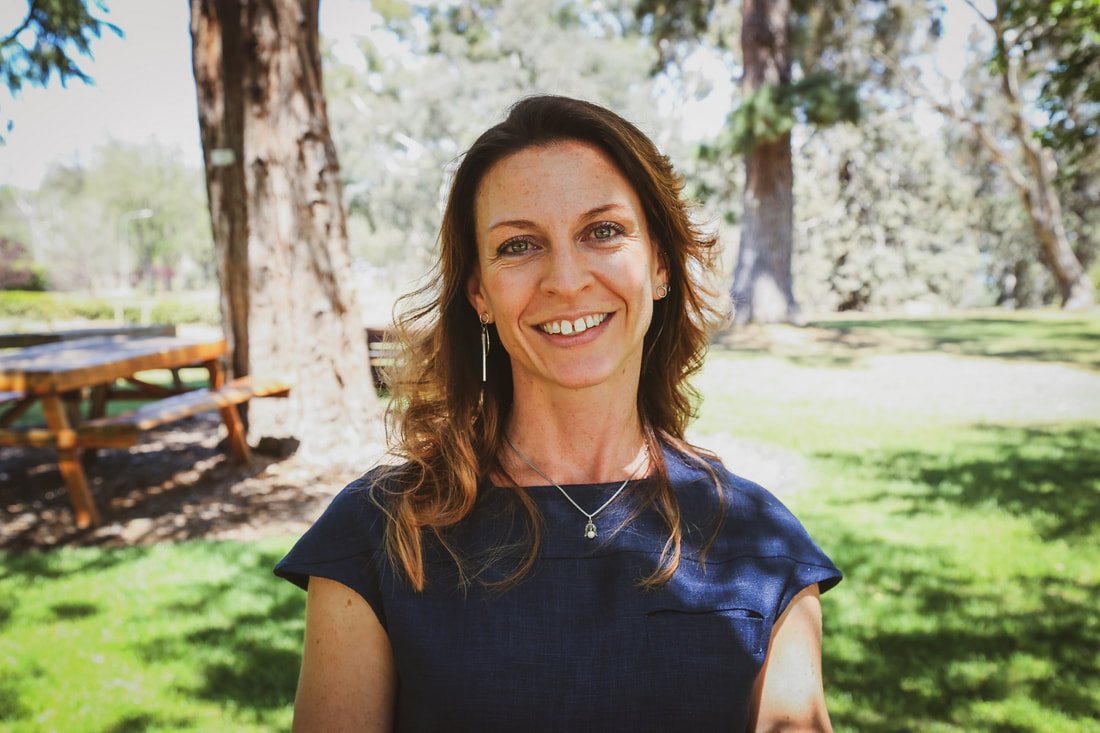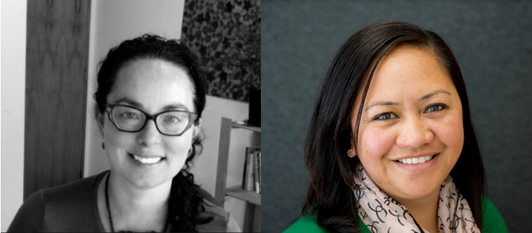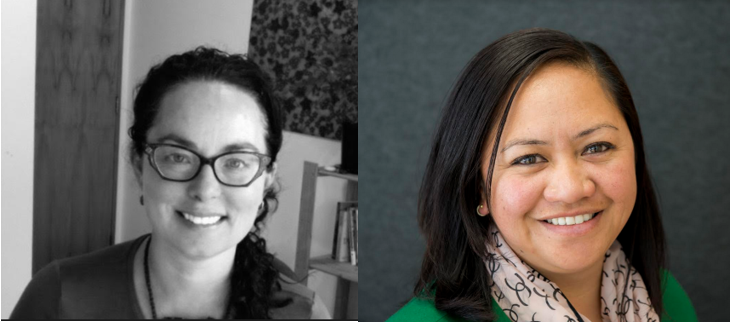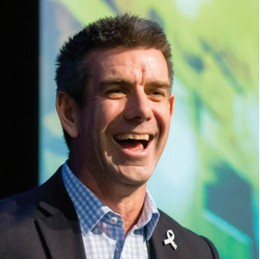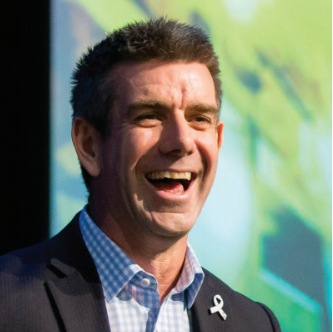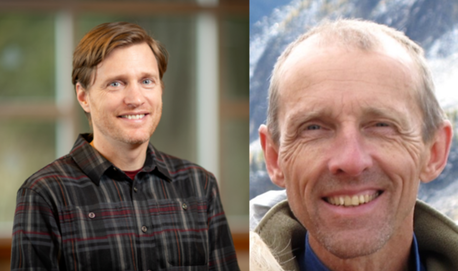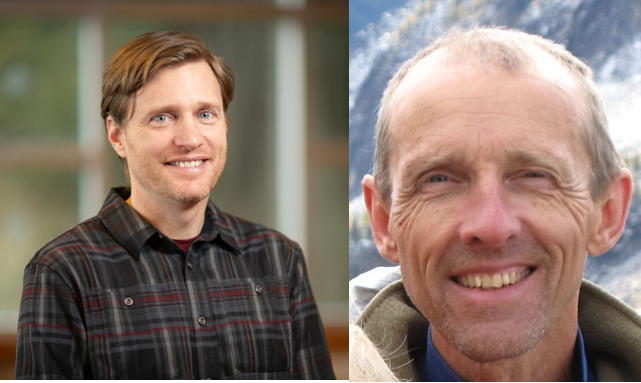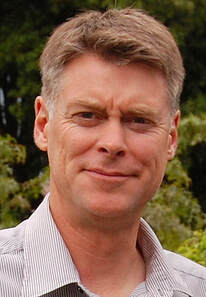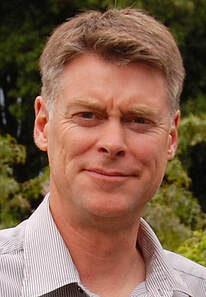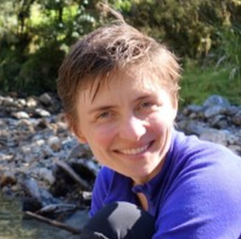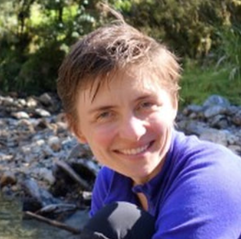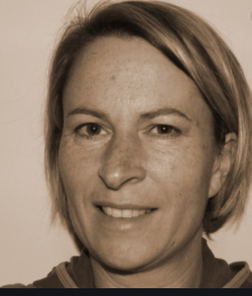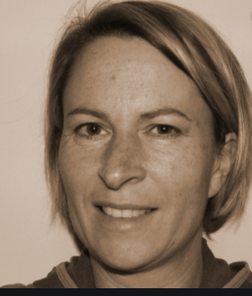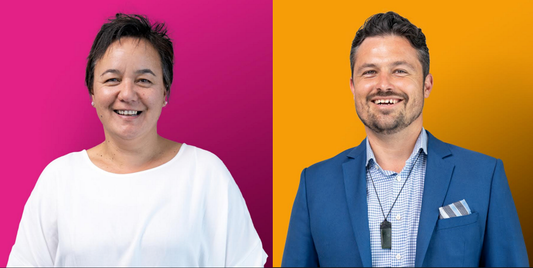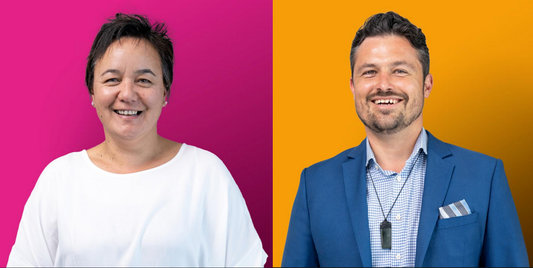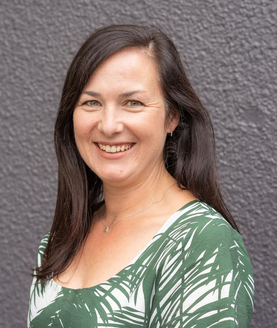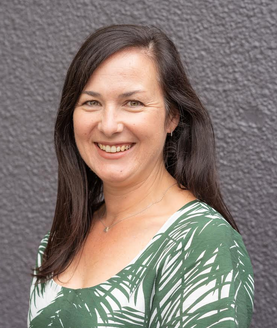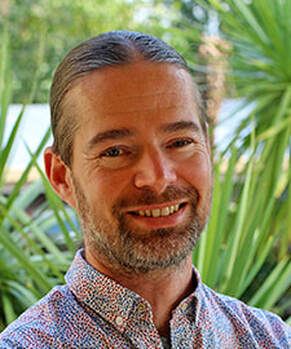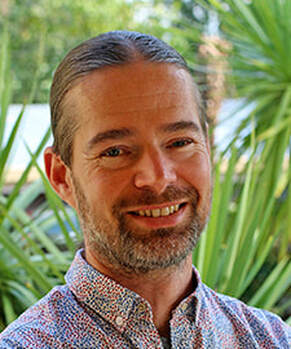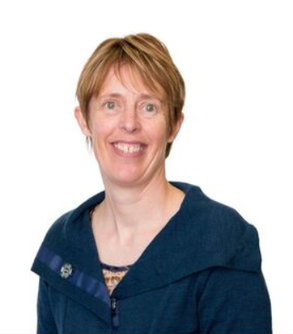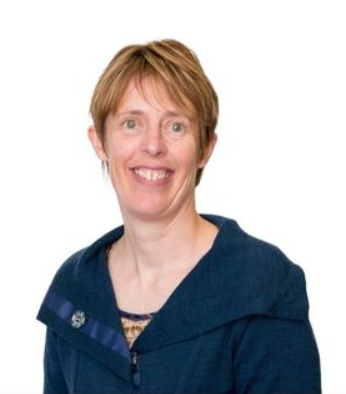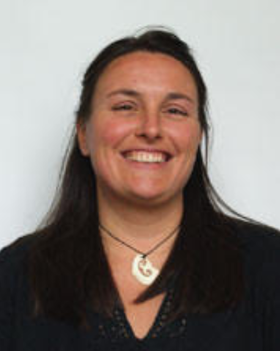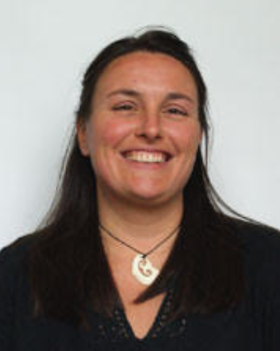- Home
- About Us
- Membership
-
Conferences
- Conference 2024 >
-
Proceedings from Past Conferences
>
- Conference 2023 >
- 2022 - Wellbeing, Sustainability and Impact Assessment: towards more integrated policy-making >
- 2021 - Social Impact Assessment >
- 2019 - Climate Change >
- 2018 - Regional Development
- 2016 - Strategic Environmental Assessment
- 2015 - Where to for Impact Assessment?
- 2014 - Transport Infrastructure
- 2013 Fresh Water Management
- 2012 - Mineral Extraction
- Sign up for updates on future conferences
-
Impact Connector
-
Issue #15 Economic methods and Impact Assessment
>
- Economic methods in impact assessment: an introduction
- The Nature of Economic Analysis for Resource Management
- The State-of-the-Art and Prospects: Economic Valuation of Ecosystem Services in Environmental Impact Assessment
- Economic impact assessment and regional development: reflections on Queensland mining impacts
- Fonterra’s policy on economic incentives for promoting sustainable farming practices
-
Issue #14 Impact assessment for infrastructure development
>
- Impact assessment for infrastructure development - an introduction
- Place Matters: The importance of geographic assessment of areas of influence in understanding the social effects of large-scale transport investment in Wellington
- Unplanned Consequences? New Zealand's experiment with urban (un)planning and infrastructure implications
- Reflections on infrastructure, Town and Country planning and intimations of SIA in the late 1970s and early 1980s
- SIA guidance for infrastructure and economic development projects
- Scoping in impact assessments for infrastructure projects: Reflections on South African experiences
- Impact Assessment for Pacific Island Infrastructure
-
Issue #13 Health impact assessment: practice issues
>
- Introduction to health impact assessment: practice issues
- International Health Impact Assessment – a personal view
- Use of Health Impact Assessment to develop climate change adaptation plans for health
- An integrated approach to assessing health impacts
- Assessing the health and social impacts of transport policies and projects
- Whither HIA in New Zealand….or just wither?
-
Issue #12 Risk Assessment: Case Studies and Approaches
>
- Introduction
- Risk Assessment and Impact Assessment : A perspective from Victoria, Australia
- The New and Adaptive Paradigm Needed to Manage Rising Coastal Risks
- Reflections on Using Risk Assessments in Understanding Climate Change Adaptation Needs in Te Taitokerau Northland
- Values-Based Impact Assessment and Emergency Management
- Certainty about Communicating Uncertainty: Assessment of Flood Loss and Damage
- Improving Understanding of Rockfall Geohazard Risk in New Zealand
- Normalised New Zealand Natural Disaster Insurance Losses: 1968-2019
- Houston, We Have a Problem - Seamless Integration of Weather and Climate Forecast for Community Resilience
- Innovating with Online Data to Understand Risk and Impact in a Data Poor Environment
-
Impact Connector #11 Climate Change Mitigation, Adaptation, and Impact Assessment: views from the Pacific
>
- Introduction
- Climate change adaptation and mitigation, impact assessment, and decision-making: a Pacific perspective
- Climate adaptation and impact assessment in the Pacific: overview of SPREP-sponsored presentations
- Land and Sea: Integrated Assessment of the Temaiku Land and Urban Development Project in Kiribati
- Strategic Environmental Assessment: Rising to the SDG Challenge
- Coastal Engineering for Climate Change Resilience in Eastern Tongatapu, Tonga
- Climate-induced Migration in the Pacific: The Role of New Zealand
-
Impact Connector #10 Climate Change Mitigation and Adaptation
>
- Introduction
- Is a “just transition” possible for Māori?
- Adapting to Climate Change on Scale: Addressing the Challenge and Understanding the Impacts of Asia Mega-Cities
- How responding to climate change might affect health, for better or for worse
- Kanuka, Kereru and carbon capture - Assessing the effects of a programme taking a fresh look at the hill and high country land resource
- Wairoa: Community perceptions of increased afforestation
- Te Kākahu Kahukura Ecological Restoration project: A story within a story
- Issue #9 Impacts of Covid-19 >
-
Issue #8 Social Impact Assessment
>
- Challenges for Social Impact Assessment in New Zealand: looking backwards and looking forwards
- Insights from the eighties: early Social Impact Assessment reports on rural community dynamics
- Impact Assessment and the Capitals Framework: A Systems-based Approach to Understanding and Evaluating Wellbeing
- Building resilience in Rural Communities – a focus on mobile population groups
- Assessing the Impacts of a New Cycle Trail: A Fieldnote
- The challenges of a new biodiversity strategy for social impact assessment (SIA)
- “Say goodbye to traffic”? The role of SIA in establishing whether ‘air taxis’ are the logical next step in the evolution of transportation
- Issue #7 Ecological Impact Assessment >
-
Issue #6 Landscape Assessment
>
- Introduction
- Lives and landscapes: who cares, what about, and does it matter?
- Regional Landscape Inconsistency
- Landscape management in the new world order
- Landscape assessment and the Environment Court
- Natural character assessments and provisions in a coastal environment
- The Assessment and Management of Amenity
- The rise of the THIMBY
- Landscape - Is there a common understanding of the Common?
- Issue #5 Cultural Impact Assessment >
- Issue #4 Marine Environment >
- Issue #3 Strategic Environmental Assessment
- Issue #2
- Issue #1
-
Issue #15 Economic methods and Impact Assessment
>
-
Resources
- Webinars
- IAIA Resources
- United Nations Guidance
- Donors Guidelines and Principles
- Oceania and the Pacific
- Natural Systems >
- Social Impact Assessment
- Health Impact Assessment >
- Cumulative Impact Assessment
- Community and Stakeholder Engagement
- Indigenous Peoples
- Climate Change and Disaster Risk Resilience >
- Urban Development
- Sustainable Development Goals
- Strategic Environmental Assessment
- Regulatory Impact Assessment
- Methods in Impact Assessment
- Community
- 2024 Calendar Year Membership Subscription Renewal
Day 1 - Rāapa / Wednesday 21 April
9:30 am - 10:30 am Opening plenary panel discussion
SIA for improved decision making, new directions
|
Nick Taylor
Nick Taylor
Nick Taylor has broad experience applying social research to projects, programmes, policy and plans in New Zealand and internationally. He was a founding director of Taylor Baines & Associates and is now an independent researcher and consultant, working on strategic and project social impact assessments, recently including land and water plans, regional economic development strategies, irrigation development and aggregate mining. He is a senior adjunct of Lincoln University and a Past President of the IAIA. |
Hirini Matunga
Hirini Matunga
Hirini is Professor of Maori and Indigenous Planning at Lincoln University. Prior to that he was Deputy Vice Chancellor Communities, Assistant Vice Chancellor - Maori, Director of the Centre for Maori and Indigenous Planning and Development at Lincoln University and Senior Lecturer in Planning at the University of Auckland. He graduated in Town Planning in 1983 and practised as a planner – specialising in Maori issues with Napier City Council, Auckland Regional Council and the Ministry of Works and Development. He has been actively engaged in practice, then teaching and research in Maori planning, resource management, policy and design and indigenous heritage management with indigenous Maori and public sector institutions for over 30 years. In 2015, the Minister for Maori Development presented him with the New Zealand Planning Institutes - Papa Pounamu Award for Outstanding Service to Maori Environmental Planning and Resource Management. He is of Ngai Tahu (hapu Ngai Te Ruahikihiki, Ngai Tuahuriri, Ngati Huirapa), Ngati Porou, Rongowhakaata, Ngati Kahungunu, Ngati Paerangi (Atiu, Cook Islands) descent. |
Michaela Aspell
Michaela Aspell
Michaela is an Advisor at the Environmental Protection Authority (EPA) and a part-time masters student studying Climate Change Science and Policy at Te Herenga Waka/Victoria University of Wellington. A Natural Resources Engineer by training, she previously worked at Tonkin + Taylor where she was seconded to Lyttelton Port Company as an Assistant Project Manager for large regulatory approvals under the RMA. She is passionate about environmental sustainability and particularly interested in the interaction between mātauranga Māori and climate change adaptation and mitigation. |
Hamish Rennie
Hamish RennieHamish Rennie is an Associate Professor in Planning and Environmental Management at Lincoln University, NZ. A geographer initiated into social impact assessment as a graduate field worker for the Clutha HEP development he has maintained a keen interest in social impact assessment in developing countries and New Zealand in his subsequent 12 years as a public servant and since moving to academia in 1995 he has taught and supervised research in various aspects of SIA ever since. As an RMA Hearings Commissioner, submitter and expert planning witness he has seen its (non-)use in various planning settings and maintains a keen interest in its role in decision-making. |
11:00 am - 12:30 pm Informed decision making with SIA
KEYNOTE (Via Zoom from Australia):
Let's give SIA more clout: effective, accurate and enforceable assessments
Let's give SIA more clout: effective, accurate and enforceable assessments
|
Professor Sara Bice
Professor Sara Bice
Professor Sara Bice is Foundation Director, Institute for Infrastructure in Society at the Crawford School of Public Policy, The Australian National University and a recent Past President of the IAIA. In 2020 Sara received the IAIA Outstanding Service Award. She has wide experience in SIA and will discuss some of the challenges and solutions facing SIA, especially the opportunities found in placing more emphasis on cumulative impacts and community based assessments. |
Lifting our game: impact assessment and the Treaty of Waitangi
|
Dy Jolly and Jade Wikaira
Dy Jolly and Jade Wikaira
Dyanna Jolly is from Whitebear First Nations in Saskatchewan, Canada. She has worked for iwi and hapū for the last 15 years preparing Iwi Management Plans and cultural impact assessments. She is currently completing her PhD at the University of Otago and has a particular interest in what Treaty-based impact assessment might look like. Jade Wikaira (Ngāti Tūwharetoa, Te Whānau ā Apanui, Ngāpuhi) is a planning practitioner with a passion for working with whānau and hapū to develop outcomes that reflect their aspirations, and for working towards more inclusive planning practice. Jade is the current Chairperson of Papa Pounamu, the national network of Māori environmental planning and resource management practitioners. |
Lifting our game, exploring alternatives with affected communities
|
Carl Davidson
|
|
Poster Session
|
1:45 pm - 3:15 pm Scale, context and synergies in SIA
(Via Zoom from Canada):
Experiences from Canada: assessing the social impacts of linear development projects
Experiences from Canada: assessing the social impacts of linear development projects
|
Michael Benson and Marcus Eyre
Michael Benson and Marcus Eyre
Michael Benson has been working in the field of social impact assessment for the past 20 years. He is currently working at the Canada Energy Regulator where he shapes the CER’s technical work and strategic direction on environmental and socio-economic assessments, and engagement with the public and Indigenous peoples. Michael's professional career concentrates on applying critical and system thinking approaches to solve sustainability challenges. Marcus has worked in environmental and social impact assessment for over 25 years, on both project reviews and public hearings, as well as in the development of impact assessment methods and practices. Most recently he was a technical leader (environment) with the Canadian Energy Regulator where he worked for the past 20 years. Although initially trained as a biologist and having mostly worked on biophysical issues he has also worked on social impact assessments and is interested in the interactions, relationships and interdependence between the social and biophysical realms. |
Recreation impacts and social impacts - can we integrate their assessment better?
|
Rob Greenaway
Rob Greenaway
Over the past 30 years Rob Greenaway has completed more than 500 consultancy projects in New Zealand, Asia and the Pacific, and has presented evidence at more than 100 hearings. Rob’s area of expertise is recreation and tourism planning, and includes management planning and resource assessments for local and regional authorities, and assessments of effect for consent applications, mostly in coastal, marine and freshwater settings, but including subdivisions and major industrial developments. He is a Fellow and an Accredited Recreation Professional of Recreation Aotearoa. |
Assessing impacts on families - does SIA do the job?
|
Gerard Fitzgerald
Gerard Fitzgerald
I am a social scientist and social impact assessment practitioner of 40 years’ experience and a founder member of the NZAIA. My disciplinary origins are in social anthropology. My life’s work has broadly covered research and consulting in the field of society, environment, resources, and technology. In the past 10 years I have been mainly working on projects in developing countries, including in the Pacific, SE Asia, South and East Asia. I am the third of 6 children from Timaru. My wife of 44 years works in teacher education at Canterbury University; my son in Perth is a former SIA practitioner and now a stakeholder engagement specialist; and my daughter in Brisbane is a primary school teacher. Both of my children have 2 children each. |
3:45 pm - 5:15 pm Social impacts of low-carbon futures
Social impacts of transport mode shifts
|
Angela Curl
|
Evaluating policy experiments for inclusive low carbon innovation
|
Anna Berka and Janet Stephenson
|
Assessing the impacts of housing intensification
|
Sue Vallance
|
Day 2 - Rāpare / Thursday 22 April
9:00 am - 10:30 am Community and resilience
Operationalising He Rangitapu He Tohu Ora - Tairāwhiti's Wellbeing Framework
|
Erina Hurihanganui and Malcom Mersham
|
The social impacts of climate-induced migration on receiving communities
|
Rajan Ghosh and Caroline Orchiston
|
A pandemic-responsive integrated planning tool
|
Chantal Lauzon
|
11:00 am - 12:30 pm
Inclusive approaches to social impact assessment
Inclusive approaches to social impact assessment
KEYNOTE (via Zoom from Australia):
Characteristics and conditions for rigorous, reflexive and inclusive SIA
Characteristics and conditions for rigorous, reflexive and inclusive SIA
|
Richard Parsons
Richard Parsons
Richard Parsons is with the NSW Department of Planning, Industry and Environment and has led development and implementation of the SIA guidelines for major projects. He will outline the recent evolution of SIA in NSW, and identify some characteristics and conditions for rigorous, reflexive, and inclusive SIA, and some potential future trends. |
Managing engagement for enhanced community input
|
Steph Brown and Wendy Turvey
|
Social Arts Practice for broadening Consultation and Community Engagement
|
Jenny Rock
Dr. Jenny Rock
Dr Jenny Rock has an interdisciplinary background in science and the arts/humanities, and is an applied and academic researcher in both spaces. She holds a BA in human ecology and a PhD in biological science, and is a practicing artist with formal coursework in visual arts, and has exhibited internationally. She was previously a Sr Lecturer in science communication at the University of Otago, focusing on aesthetics and philosophy of science, traditional ecological knowledge, participatory practice, sensory cognition and art-science interaction. Currently she is an Associate Lecturer for the University of the Westfjords (Iceland), lecturing and supervising masters student research on coastal community development, and Adjunct Professor at College of the Atlantic (Maine, USA) lecturing undergraduates and supervising postgraduates in transdisciplinary approaches, where scientific and artistic practices meld. She lives in the Dunedin area and does freelance work with the city council, Otago Polytechnic, University of Otago and other institutions on creative community engagement. |
|
Poster Session
|
1:30 pm - 3:30 pm Professional Practice
Concurrent professional development workshops considering NZ case studies of SIA practice
i) Project applications, with Jo Healy and Amelia Linzey
Amelia and Jo undertake social impact assessments within the framework of the Resource Management Act (1991) for a wide range of projects. These projects include consents and designations for change of land use and major infrastructure projects. Each project has a unique social profile and challenges.
In this session they will use two practice examples as discussion points to work through the social impact specialist role within the phases of a project going through the consenting framework:
i) The assessment and reporting phase: project briefs, existing environment, data collection (including integration with wider project consultation processes), and assessment of change
ii) Mitigation and management phase: exploring how social impact assessments can inform project management, measures to avoid, remedy and mitigate effects and development of 'conditions' for project delivery
iii) Council assessment and processing phase: including peer review process, evidence and hearings.
In this session they will use two practice examples as discussion points to work through the social impact specialist role within the phases of a project going through the consenting framework:
i) The assessment and reporting phase: project briefs, existing environment, data collection (including integration with wider project consultation processes), and assessment of change
ii) Mitigation and management phase: exploring how social impact assessments can inform project management, measures to avoid, remedy and mitigate effects and development of 'conditions' for project delivery
iii) Council assessment and processing phase: including peer review process, evidence and hearings.
ii) Strategic applications, with Nick Taylor and Mike Mackay
Nick Taylor and Mike Mackay undertake strategic social impact assessments within the auspices of the Resource Management Act (1991), council long-term planning, community strategies and programmes, and regulatory approvals in government agencies. These strategic applications see increasing demand for SIA from proponents and affected people.
In this session they will use two sets of practice examples involving economic regeneration initiatives, and land and water planning. Practice issues discussed will include
i) The SIA cycle and the phasing of assessments
ii) Scoping and focusing on key issues
iii) Issues for preparing a baseline and challenges recognising different sources of change
iv) Public involvement
v) Assessment, indicators of change, and the importance of change managing change for fair outcomes.
In this session they will use two sets of practice examples involving economic regeneration initiatives, and land and water planning. Practice issues discussed will include
i) The SIA cycle and the phasing of assessments
ii) Scoping and focusing on key issues
iii) Issues for preparing a baseline and challenges recognising different sources of change
iv) Public involvement
v) Assessment, indicators of change, and the importance of change managing change for fair outcomes.
Indaba / Open space discussion
topics identified by participants during the conference, focused on identifying strategies and actions around conference themes
NZAIA Incorporated is a registered charity
#CC54658
This website and all its content is SSL Protected.
Privacy Policy
#CC54658
This website and all its content is SSL Protected.
Privacy Policy
- Home
- About Us
- Membership
-
Conferences
- Conference 2024 >
-
Proceedings from Past Conferences
>
- Conference 2023 >
- 2022 - Wellbeing, Sustainability and Impact Assessment: towards more integrated policy-making >
- 2021 - Social Impact Assessment >
- 2019 - Climate Change >
- 2018 - Regional Development
- 2016 - Strategic Environmental Assessment
- 2015 - Where to for Impact Assessment?
- 2014 - Transport Infrastructure
- 2013 Fresh Water Management
- 2012 - Mineral Extraction
- Sign up for updates on future conferences
-
Impact Connector
-
Issue #15 Economic methods and Impact Assessment
>
- Economic methods in impact assessment: an introduction
- The Nature of Economic Analysis for Resource Management
- The State-of-the-Art and Prospects: Economic Valuation of Ecosystem Services in Environmental Impact Assessment
- Economic impact assessment and regional development: reflections on Queensland mining impacts
- Fonterra’s policy on economic incentives for promoting sustainable farming practices
-
Issue #14 Impact assessment for infrastructure development
>
- Impact assessment for infrastructure development - an introduction
- Place Matters: The importance of geographic assessment of areas of influence in understanding the social effects of large-scale transport investment in Wellington
- Unplanned Consequences? New Zealand's experiment with urban (un)planning and infrastructure implications
- Reflections on infrastructure, Town and Country planning and intimations of SIA in the late 1970s and early 1980s
- SIA guidance for infrastructure and economic development projects
- Scoping in impact assessments for infrastructure projects: Reflections on South African experiences
- Impact Assessment for Pacific Island Infrastructure
-
Issue #13 Health impact assessment: practice issues
>
- Introduction to health impact assessment: practice issues
- International Health Impact Assessment – a personal view
- Use of Health Impact Assessment to develop climate change adaptation plans for health
- An integrated approach to assessing health impacts
- Assessing the health and social impacts of transport policies and projects
- Whither HIA in New Zealand….or just wither?
-
Issue #12 Risk Assessment: Case Studies and Approaches
>
- Introduction
- Risk Assessment and Impact Assessment : A perspective from Victoria, Australia
- The New and Adaptive Paradigm Needed to Manage Rising Coastal Risks
- Reflections on Using Risk Assessments in Understanding Climate Change Adaptation Needs in Te Taitokerau Northland
- Values-Based Impact Assessment and Emergency Management
- Certainty about Communicating Uncertainty: Assessment of Flood Loss and Damage
- Improving Understanding of Rockfall Geohazard Risk in New Zealand
- Normalised New Zealand Natural Disaster Insurance Losses: 1968-2019
- Houston, We Have a Problem - Seamless Integration of Weather and Climate Forecast for Community Resilience
- Innovating with Online Data to Understand Risk and Impact in a Data Poor Environment
-
Impact Connector #11 Climate Change Mitigation, Adaptation, and Impact Assessment: views from the Pacific
>
- Introduction
- Climate change adaptation and mitigation, impact assessment, and decision-making: a Pacific perspective
- Climate adaptation and impact assessment in the Pacific: overview of SPREP-sponsored presentations
- Land and Sea: Integrated Assessment of the Temaiku Land and Urban Development Project in Kiribati
- Strategic Environmental Assessment: Rising to the SDG Challenge
- Coastal Engineering for Climate Change Resilience in Eastern Tongatapu, Tonga
- Climate-induced Migration in the Pacific: The Role of New Zealand
-
Impact Connector #10 Climate Change Mitigation and Adaptation
>
- Introduction
- Is a “just transition” possible for Māori?
- Adapting to Climate Change on Scale: Addressing the Challenge and Understanding the Impacts of Asia Mega-Cities
- How responding to climate change might affect health, for better or for worse
- Kanuka, Kereru and carbon capture - Assessing the effects of a programme taking a fresh look at the hill and high country land resource
- Wairoa: Community perceptions of increased afforestation
- Te Kākahu Kahukura Ecological Restoration project: A story within a story
- Issue #9 Impacts of Covid-19 >
-
Issue #8 Social Impact Assessment
>
- Challenges for Social Impact Assessment in New Zealand: looking backwards and looking forwards
- Insights from the eighties: early Social Impact Assessment reports on rural community dynamics
- Impact Assessment and the Capitals Framework: A Systems-based Approach to Understanding and Evaluating Wellbeing
- Building resilience in Rural Communities – a focus on mobile population groups
- Assessing the Impacts of a New Cycle Trail: A Fieldnote
- The challenges of a new biodiversity strategy for social impact assessment (SIA)
- “Say goodbye to traffic”? The role of SIA in establishing whether ‘air taxis’ are the logical next step in the evolution of transportation
- Issue #7 Ecological Impact Assessment >
-
Issue #6 Landscape Assessment
>
- Introduction
- Lives and landscapes: who cares, what about, and does it matter?
- Regional Landscape Inconsistency
- Landscape management in the new world order
- Landscape assessment and the Environment Court
- Natural character assessments and provisions in a coastal environment
- The Assessment and Management of Amenity
- The rise of the THIMBY
- Landscape - Is there a common understanding of the Common?
- Issue #5 Cultural Impact Assessment >
- Issue #4 Marine Environment >
- Issue #3 Strategic Environmental Assessment
- Issue #2
- Issue #1
-
Issue #15 Economic methods and Impact Assessment
>
-
Resources
- Webinars
- IAIA Resources
- United Nations Guidance
- Donors Guidelines and Principles
- Oceania and the Pacific
- Natural Systems >
- Social Impact Assessment
- Health Impact Assessment >
- Cumulative Impact Assessment
- Community and Stakeholder Engagement
- Indigenous Peoples
- Climate Change and Disaster Risk Resilience >
- Urban Development
- Sustainable Development Goals
- Strategic Environmental Assessment
- Regulatory Impact Assessment
- Methods in Impact Assessment
- Community
- 2024 Calendar Year Membership Subscription Renewal
